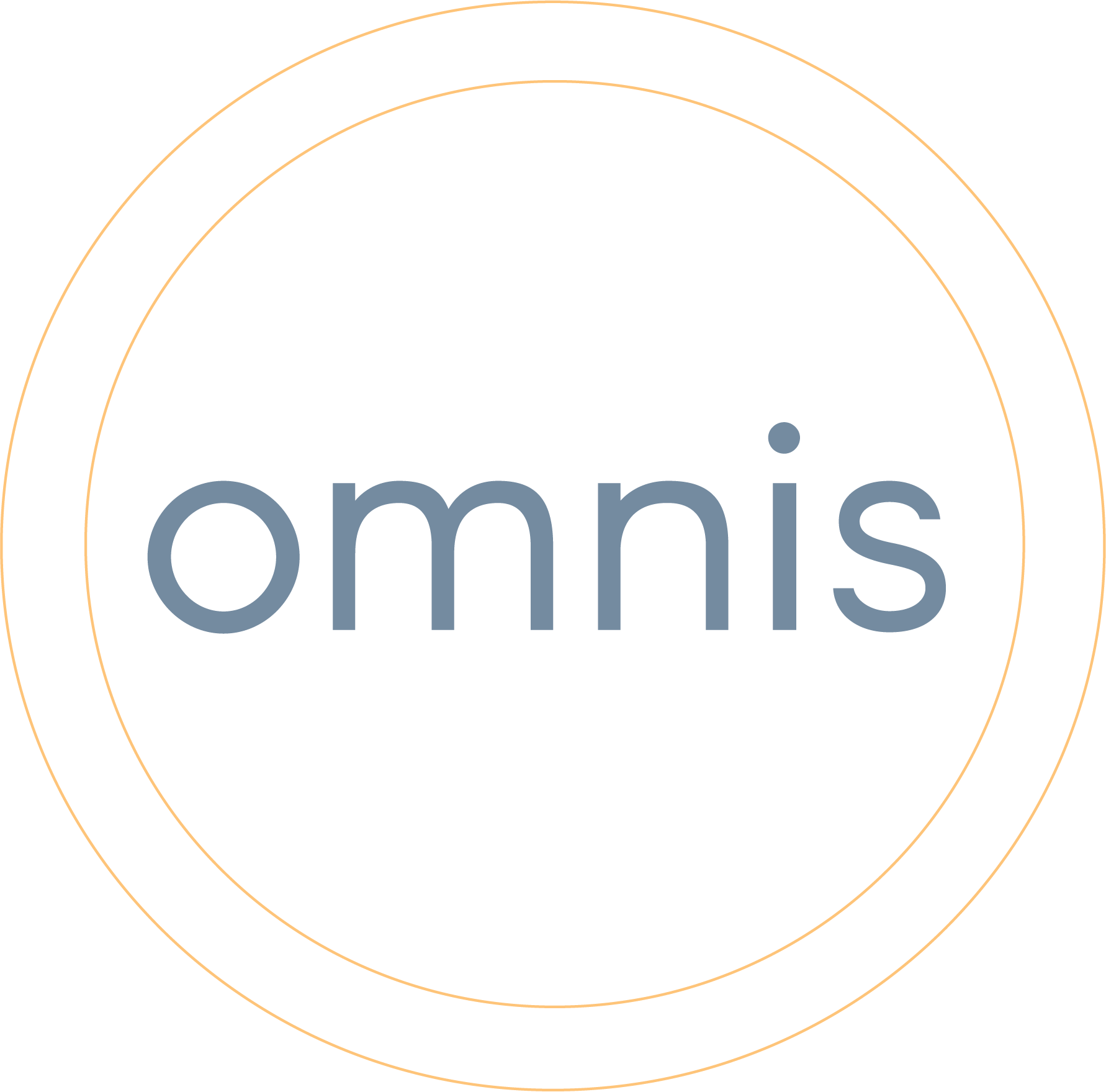As any accountant will advise, it’s important for business owners to keep their personal and business banking separate.
Separating your business expenses will make your annual tax preparation much easier, and ensure you claim all your deductions. But it’s also important to protect your personal assets should your business find itself in financial trouble.
Another excellent reason to have a business bank account comes down to professionalism. As a small business, the ability to write and cash cheques in your business name—like bigger, well-established companies—makes a much better impression on vendors and customers.
The question, then, isn’t whether to have a business account, but what to look for when shopping for a bank for your small business. Here’s how to find the best small business banking package for you.
Identify your needs
Depending on your business, you may need very basic services, or a more robust banking package. A basic business account should offer the flexibility of a checking and savings account, an ATM card, the ability to write and cash checks, online banking and employee checking accounts, if required.
Some businesses will, of course, want to seek out additional services, such as mobile banking, access to a company credit card, a loan or line of credit, and the ability to accept online payments.
A bonus most every business would benefit from is access to a small business advisor at the bank who can help manage and grow your business.
With these services in mind, make a list of what’s important to you, now and in the future. Then start researching the options.
Compare rates and fees
Take note: some banks charge a fee for every in-person business transaction. Others offer online banking packages at a low monthly rate. If you’ll need to visit your bank regularly to make cash deposits, or make frequent withdrawals, location may be a cost consideration. If you travel internationally, you’ll also want to look into fees for international checks, conversion rates, and charges for withdrawing cash from foreign ATMs.
Bigger isn’t always better
If your business is new, and you haven’t established a credit history, a community bank may be a better choice than a large national bank. With a small local bank you may find the customer service is more personalized, they may offer lower rates and fees, and you may qualify more easily for a loan or line of credit.
Final thoughts
Now that you’ve given some thought to what types of services your small business needs, follow these tips to find the right banking package for you:
- Research local small community banks and large national banks online, then make a shortlist of the best options to contact.
- Arrange to meet with a representative at your list of potential banks in person, to clarify services, fees and get answers to any questions you have.
- If you run an online business or have very basic banking needs, you might consider working with an online bank. The fees are typically lower with an online bank, but you’ll be sacrificing in-person customer service.

